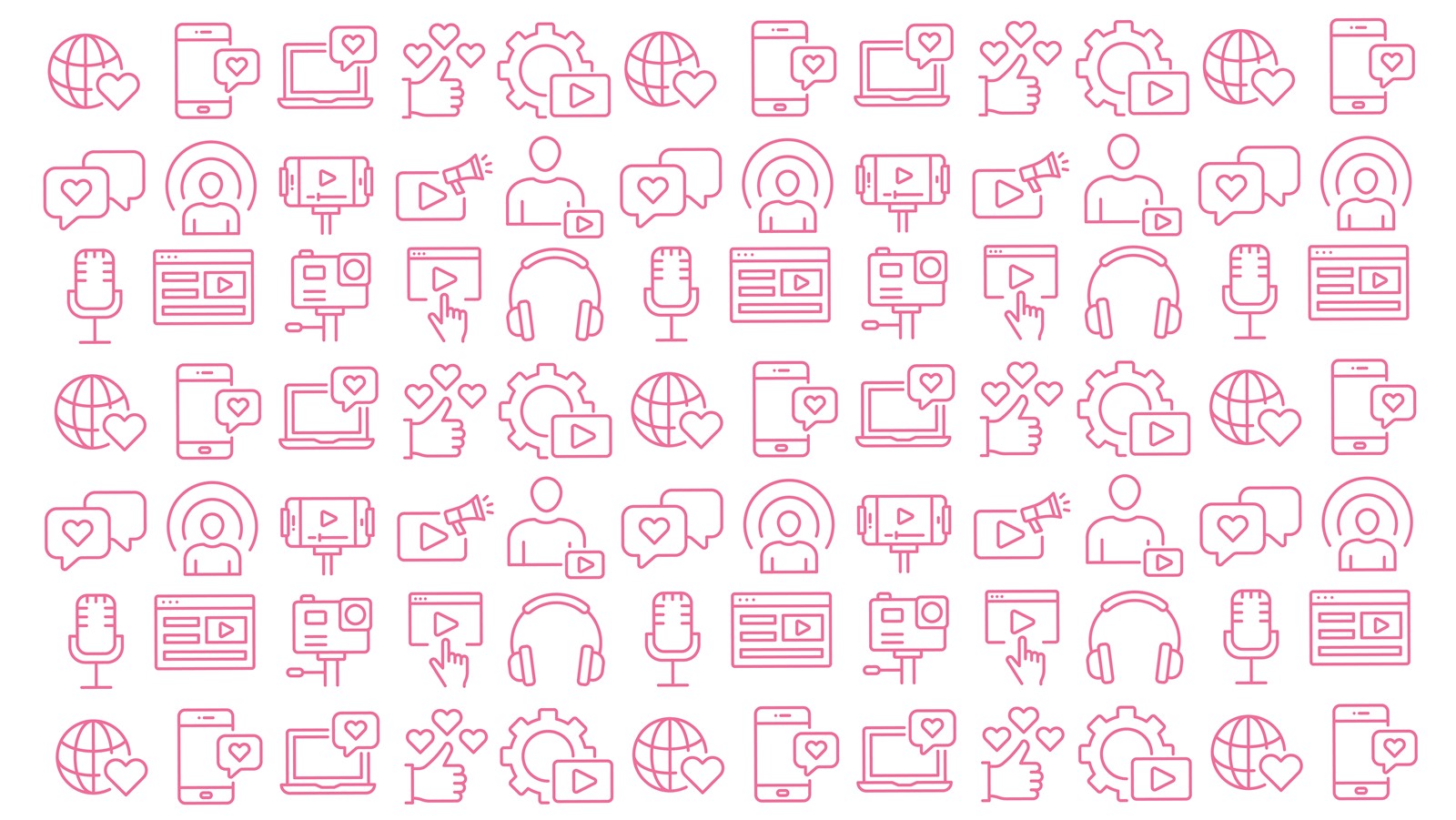Finally - everything makes sense. The troubles at school, issues at work, explosive reactions, recurrent burnout, difficulty shutting your mind off, even when you’re exhausted… now there’s an explanation, for all of it.
You have ADHD.
I was six when I was diagnosed with ADHD, but the clients I work with have predominantly received their diagnoses as adults. An Adult ADHD diagnosis can bring immense relief and validation. It can gift individuals with a newfound compassion for their difficulties, by understanding the reasons for these struggles. As the titles of the ADHD books, You Mean I’m Not Lazy, Stupid or Crazy?!1 and Your Brain’s Not Broken2 suggest, diagnosis can help us stop blaming and shaming ourselves for the ways in which we’re different.
For many, however, there's also an overwhelming grief and sadness about late diagnosis. Why didn’t my parents or teachers spot this? Why didn’t they have me assessed? If I’d known sooner how would my life now be different? Would I have better self-esteem or healthier relationships? Maybe I’d still be with my ex-spouse, in a different career or more aware of my needs, and how to meet them. Maybe I’d have spent my life feeling less misunderstood, stupid, broken, judged or ashamed.
Less alone.
As therapists I believe it’s vital for us to be aware of this grieving process when working with late-diagnosed clients with ADHD. When we learn as an adult that we have ADHD it is not simply a validating answer. It also poses many new questions, calling us to reassess all that came before, all that could have been, and our sense of who we know ourselves to be.
I often refer to the film Sliding Doors, or the idea of attending a funeral and a wedding simultaneously. There are so many what ifs, and so many conflicting emotions that we don’t know what to feel or where to start. This is difficult to sit with for anyone, but there are additional challenges present when ADHD can also mean we feel things sharply and have issues with emotional dysregulation.
As I help my clients to grieve what could have been, I also want to empower them to know what ADHD looks like for them, and to use that awareness to work with themselves rather than against themselves.
People in the ADHD community often talk about the idea of trying to force a square peg into a round hole, and this is a useful image to describe ADHD masking behaviour. We grow up in a world that demands neurotypicality and, even when we don’t yet know we are neurodivergent, we learn to perform and operate in ways that just plainly don’t work for our ADHD brains. Masking only reinforces the shame that many ADHDers carry, and I believe our duty as therapists is to help our clients put down their masks, their shame, to begin working with themselves and to understand that difference does not equal wrong - difference simply equals difference.
References
You Mean I'm Not Lazy, Stupid or Crazy?!: The Classic Self-Help Book for Adults with Attention Deficit Disorder, by Kate Kelly & Peggy Ramundo, Scribner: Updated edition (2006)
Your Brain’s Not Broken: Strategies for Navigating Your Emotions and Life with ADHD, by Tamara Rosier, PhD, Revell (2021)
Read more...

School counselling in England campaign
We believe that a paid counsellor should be available in every secondary school, academy and FE college in England.

Influencing decision makers
We work with with politicians and decision makers from all four nations to help them understand the positive changes that counselling can make to people's lives.

Blogs and vlogs 2023
News and views from members, staff and clients
